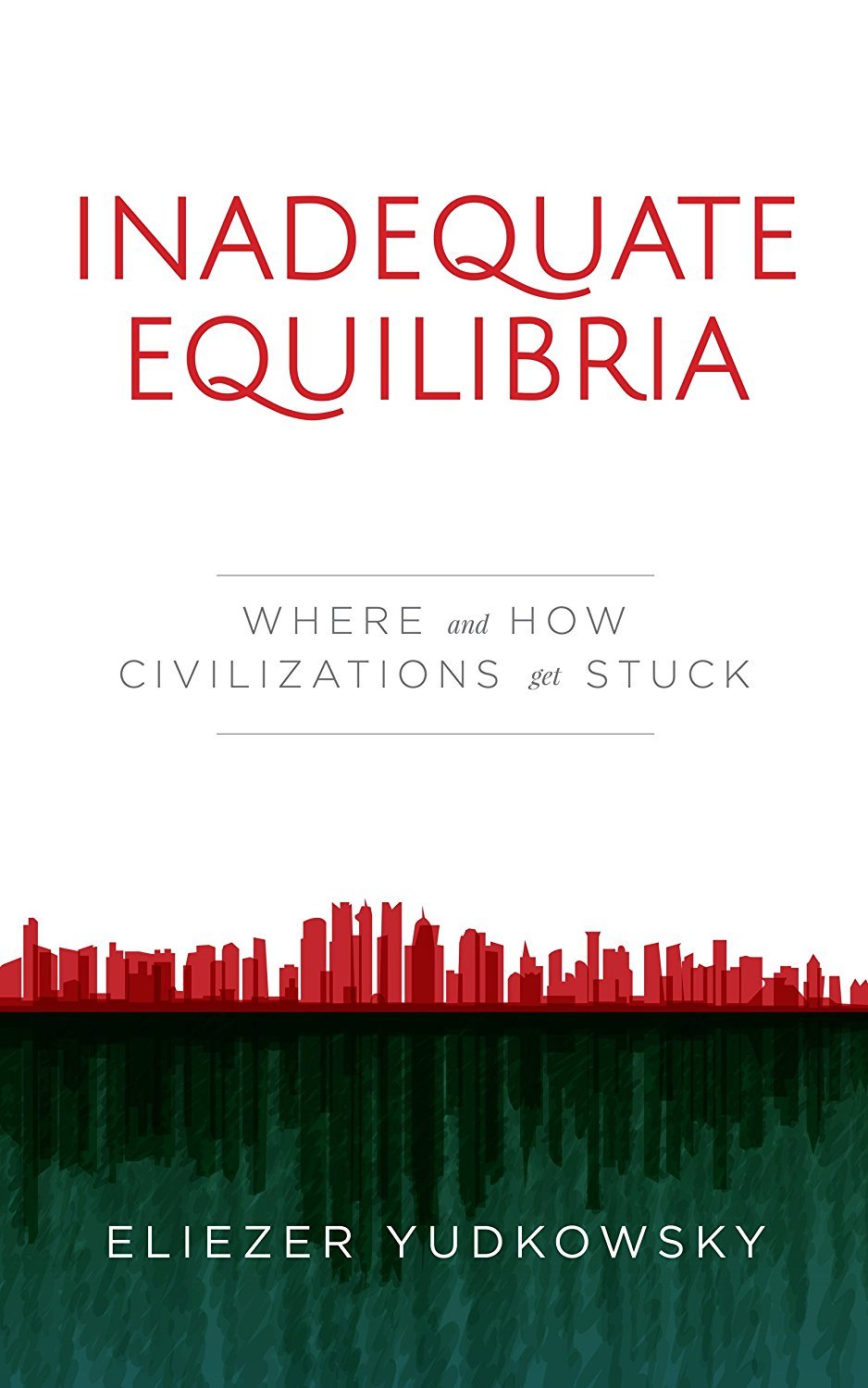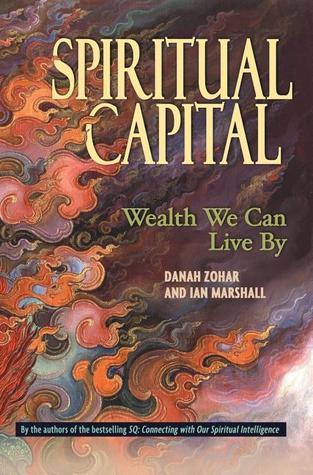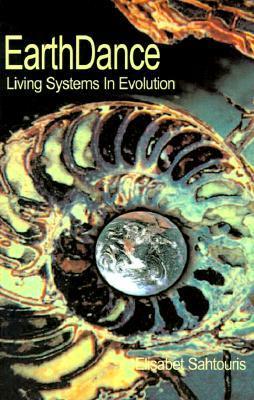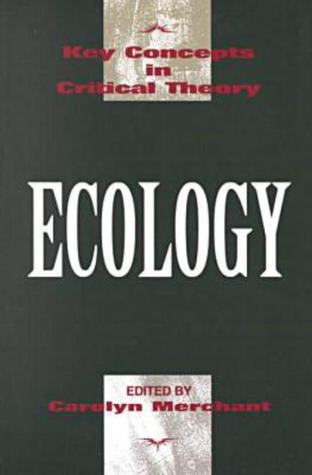
Sacred Economics: Money, Gift, and Society in the Age of Transition
Book Description
What if the very fabric of society was woven from the threads of generosity rather than greed? In 'Sacred Economics,' Charles Eisenstein takes readers on a riveting journey through the hidden potential of human connection and the revolutionary power of gift economies. With striking clarity, he dismantles the illusion of money as mere currency and reveals it as a storyteller of our values, relationships, and deeper purpose. As the world stands on the brink of new possibilities, what if embracing a radical shift could heal both our planet and our fractured communities?
Quick Book Summary
"Sacred Economics" by Charles Eisenstein explores the origin, history, and future transformation of money and economic systems. Eisenstein argues that the prevailing economic paradigms based on scarcity, competition, and self-interest foster alienation, degradation of community, and environmental destruction. The book contends that the concept of the gift and generosity were once central to human societies, and that reclaiming these principles holds the key to ecological, social, and spiritual healing. Through a blend of history, philosophy, and critique, Eisenstein shows how money can be reimagined to reflect interconnectedness and wholeness, rather than division and isolation. He proposes practical reforms, such as negative-interest currencies and social dividends, to support a transition to a more sacred, equitable, and sustainable economic system.
Summary of Key Ideas
Table of Contents
The Role of Gift Economies in Human History
Eisenstein begins by examining how ancient and indigenous societies functioned around principles of gift, reciprocity, and abundance. Money, in its early forms, often maintained social bonds rather than eroding them. The advent of modern currency, institutionalized ownership, and interest-based lending gradually shifted economies towards accumulation, competition, and artificial scarcity. As money became more abstracted from real resources and relationships, communities weakened, and social trust diminished.
Money as a Story and Its Social Consequences
The second part of the book addresses money not just as a tool, but as a narrative that shapes our perceptions of value, purpose, and reality. Eisenstein posits that the present monetary system instills a pervasive sense of scarcity, compelling individuals and societies to prioritize self-interest and security over generosity and cooperation. This narrative, embedded in financial systems, perpetuates inequality and environmental exploitation by promoting endless growth and commodification.
The Illusion of Scarcity and the Culture of Separation
Eisenstein critiques the prevailing culture of separation, where human beings see themselves as isolated from one another and nature. He explains how this worldview underpins not only economic structures but also spiritual disconnection, loneliness, and ecological neglect. He argues that many existential crises facing humanity—climate change, social alienation, and spiritual dissatisfaction—are symptoms of this profound separation, which is maintained and amplified by our current financial systems.
Sacred Economics in Practice: Reforms and Experiments
Proposing alternatives, Eisenstein outlines practical steps for transitioning to sacred economics. These include the adoption of negative-interest currencies that discourage hoarding and encourage circulation, systems like the social dividend to ensure basic well-being, and policies embracing true-cost and ecological accounting. He also highlights real-life experiments and community initiatives that are pioneering more just and regenerative ways of exchanging value.
Toward a Society of Interconnectedness and Restoration
Ultimately, Eisenstein appeals to a renewed vision of interconnectedness, asserting that economics must return to serving the well-being of people and planet. By embracing gift, redefining wealth, and acknowledging the sacredness of relationships and the earth, society can move from an age of competition and scarcity to one of abundance, gratitude, and belonging. The book serves as a manifesto for healing our broken systems through generosity, mutual support, and the remembrance of our shared humanity.
Download This Summary
Get a free PDF of this summary instantly — no email required.





